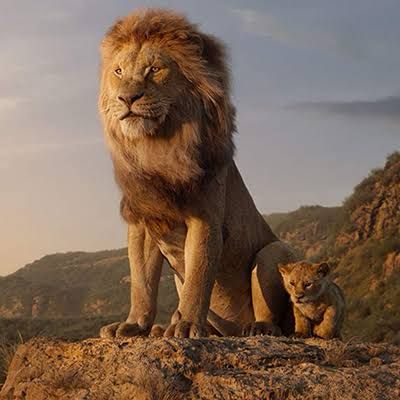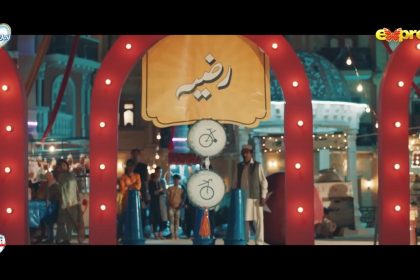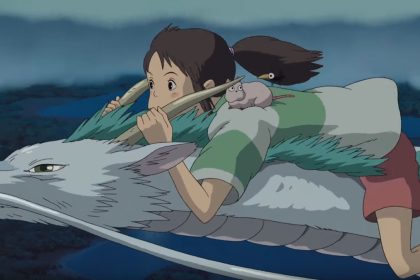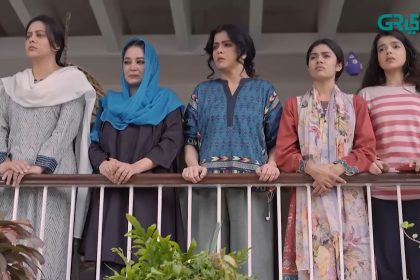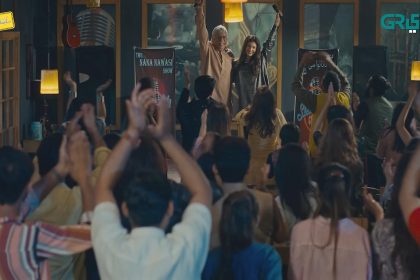I was watching a clip from the movie Ratatouille some days ago when I thought I should revisit classic Disney movies from the 1990s decade. They have some amazing lessons of hope, strength, perseverance, and keeping a positive mindset during difficulties that I needed at this time of my life. So, the first movie I downloaded and watched was The Lion King from 1994. I hadn’t watched it before (cue gasp), but I knew bits and pieces of its story since it does have a cult following (I only knew the names Mufasa and Simba and the soundtrack, cue another gasp).
The story begins with Rafiki, the wise mandrill monkey, standing at the edge of a cliff holding a newly born Simba, the son of Mufasa, in an introduction-to-the-next-in-line-king ceremony for Simba. Mufasa is the current Lion King of the Pride Lands, while his younger brother Scar is a nobody, living in a deserted cave. We also see the troublemakers, hyenas, creating an alliance with Scar to take down Mufasa and Simba so Scar can be the new king. Here, I am not going to narrate the entire script of the movie, but there were definitely some things I would like to remember as my personal lessons.
Excessive Guilt Can Drown You
Guilt is a natural state of the heart after wronging someone or yourself. It’s a sign that our heart still holds conscience. However, excessive guilt can break us. In the case of Simba, it was his uncle Scar who induced the poison of excessive guilt into Simba’s heart for the death of Mufasa so that Simba couldn’t think of the actual truth about his father’s death. He felt so dirty that when Scar told him to run away, he didn’t have to hear twice to do exactly that. He ran away from his home, his relations, his responsibility, and his identity.
Sometimes, it’s not an external voice but our own, which keeps punishing us for the mistakes or sins we have committed. We continuously lament ourselves for not doing the right thing, and eventually, we lose ourselves, our confidence, and our real purpose, just like Simba.
Hakuna Matata Is Not the Solution
Letting go of control gives contentment to our hearts that we have done what was in our hands and the rest will unfold on its own. However, letting go of the ability to face difficult situations is an entirely different thing. ‘There are no troubles’ or ‘Hakuna Matata’ was the new life ideology that Simba adopted from his friends in the forest. His friends encouraged him to live a carefree life of food, sleep, and rest (it’s not as pleasing as it sounds, trust me) and forget about all the struggles or past traumas. Simba grew up with this practice, which led him to forget who he was actually supposed to be — the Lion King. He had unresolved guilt issues from his past and now, an identity crisis. That’s why when his friend Nala reminds him of his true self and mission, he fights it; he no longer believes he has what it takes to be the next ruler of the savannah. This is what too much comfort and avoiding difficult situations lead to: dulling of innate strength and loss of vision.
Mirroring Your Enemy Doesn’t Make You Noble
In one of the last scenes of the movie, we see Scar at the mercy of Simba; both are at the edge of a cliff, and Simba has pinned down Scar when Scar asks him, ‘What are you going to do? You wouldn’t kill your own uncle?’ To which a confident, upright, justified Simba replies, ‘No, I am not like you.’
This is a response of a king, not an avenger. Many times in our own anger and betrayal, we want our enemy to feel the same anguish. We forget to hold a better response, a nobler one that is above soothing our desires, one that honours a life, one that shows the enemy that winning is an honourable act and not merely levelling up to your enemy’s actions. Simba didn’t take Scar’s life even though it was in the palms of his claws; he lets him go and orders him to be banished from the Pride Lands. This also shows that even if you let your enemy live, you should create firm boundaries with him that protect you from his hostility.
It Could All Have Been Avoided
Yes, this one might be controversial, but Mufasa was not the wisest ruler. We see that his younger brother, though an instigator of mischief, was living in a faraway lonely cave when he could have been a part of the kingdom. Mufasa could have used Scar’s great mind to navigate important strategies, which in turn could satisfy Scar’s desire to be a king. Similarly, hyenas, though big trouble-makers with no self-esteem, shouldn’t be outcast from the kingdom. They could have been given a decent part of Mufasa’s kingdom to live and thrive in, with boundaries, so they never felt lowly and forgotten. Treating all lives within the kingdom with respect could have saved Mufasa’s life altogether.
(With huge respect to the scriptwriters of the movie for creating such a beautiful masterpiece.)




